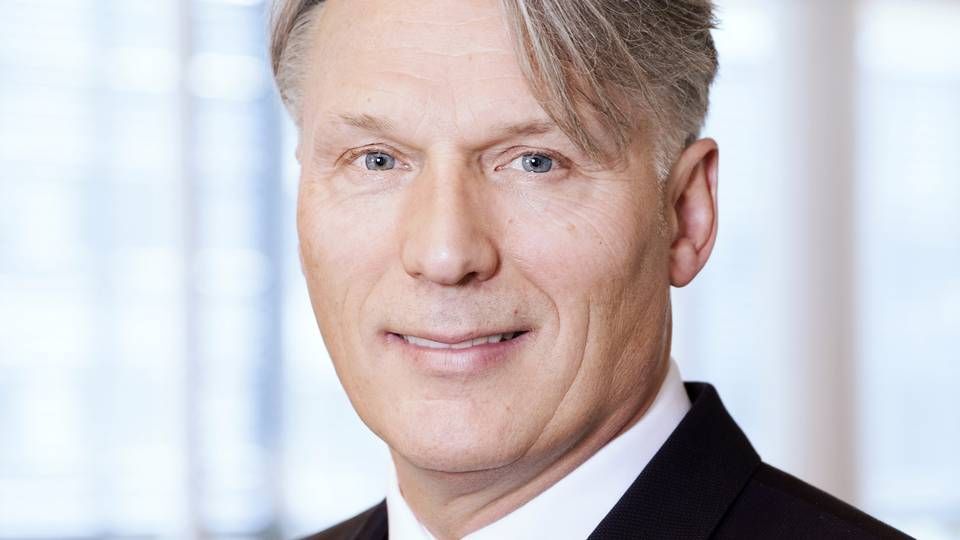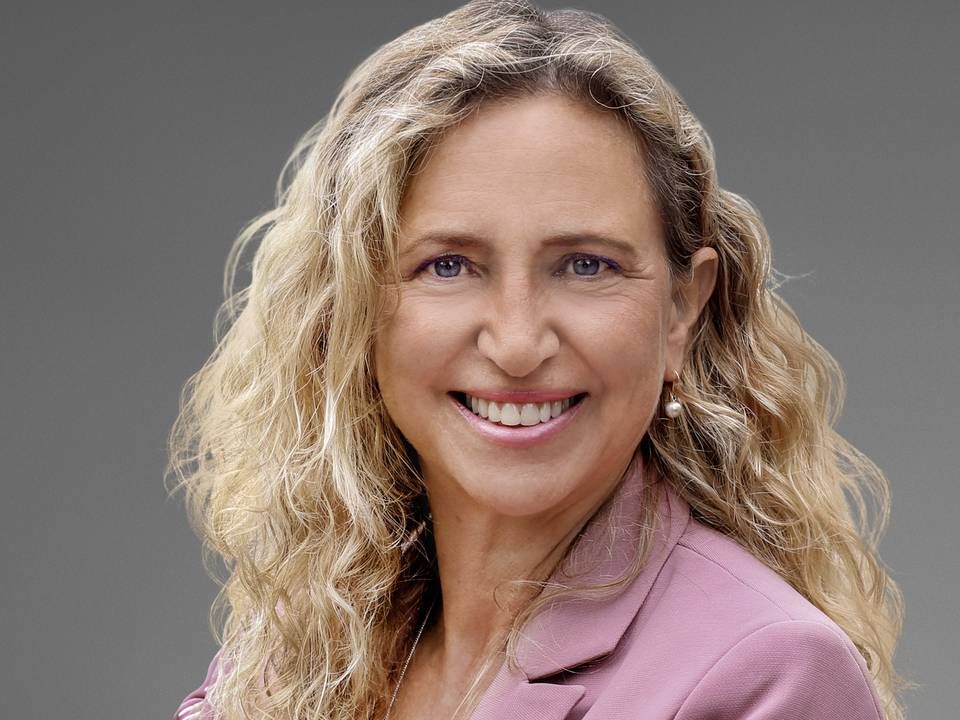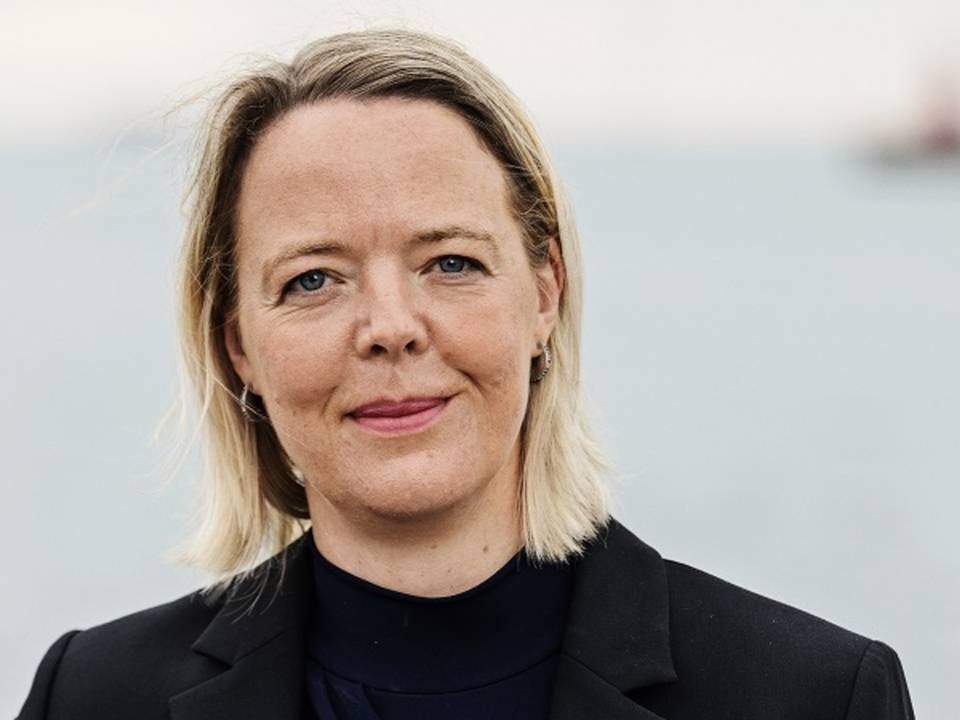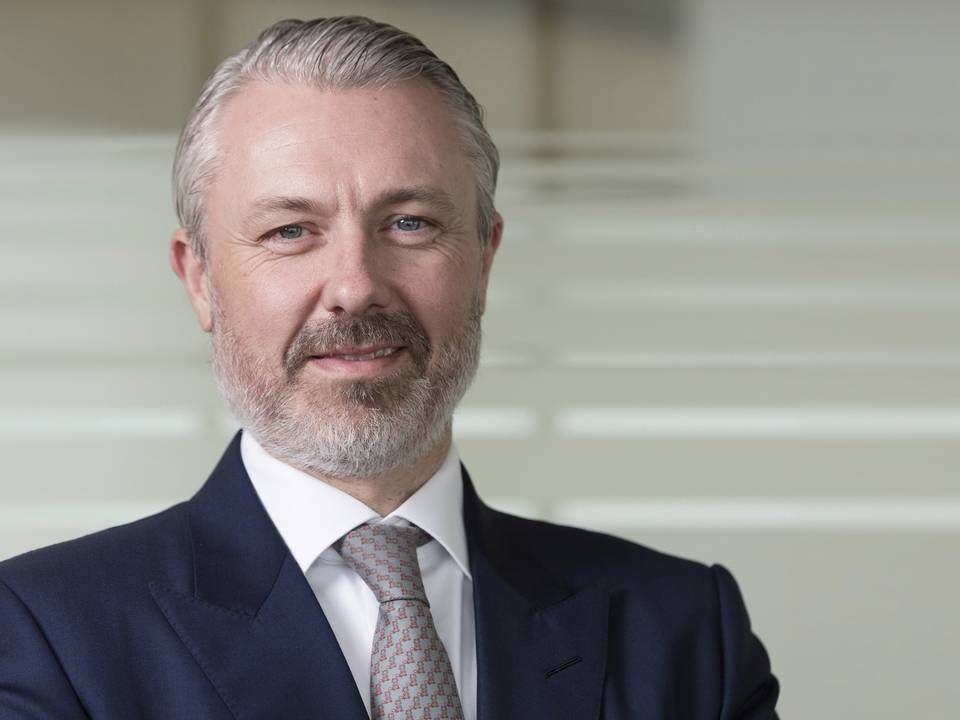A message from the COO made Sveinung Støhle extremely relieved: "That was a milestone"

The pandemic changed everyday work life for most of us, and also for the world's shipping leaders. Has their leadership style changed? Which lessons will shape the future of shipping as the world returns to normalcy?
ShippingWatch has asked several leaders in the industry about their leadership experience during these unprecedented times.
We've already spoken with Anders Onarheim at BW LPG, Ulrik Andersen at Golden Ocean, René Kofod Olsen at V.Group, Lise Demant at Svitzer and Annelise Goldstein at Maersk Tankers.
Today, we talk to Sveinung Støhle, CEO at Höegh LNG.
How did the pandemic and lockdowns affect your leadership style?
Since working from home for all meant no office presence, no physical contact and no direct communication, for me the most important change to my management was to increase dramatically the communication frequency (on Teams) to my leadership team and to hold frequent all staff meetings for the whole organization, including the seafarers. This was to make sure everyone got access to updated information on all aspects of the company, and in particular on operations and crew changes.
But nevertheless, it has been a challenge because no matter how you turn this around, a Teams meeting will never be anything more than a two-dimensional discussion. It's certainly not an emotional discussion. And the way I looked at that was, then we need to have more frequent communication. We need more frequent meetings.
I also implemented several surveys amongst all our employees, looking to see how they were affected and how they were coping. Checking if there were other things that we needed to do in order to support people working from home, because everybody's situation wasn’t the same.
What was the key lesson the pandemic taught you about being a leader?
That you need to continue to trust your people and give them even more freedom on how to manage their work. And I have to say that, from what I've seen, I don't believe that the efficiency has had any negative effect of this.
But I do see that, from the surveys that we had done, that certain parts of the organization probably have had a rougher time than others. And then we see for example, with our employees in the Philippines, where the standard for the infrastructure is not the same and people live differently, it has certainly been more difficult for them to be able to do their work in a proper way.
Which workday do you remember best from 2021 so far & why?
I can't remember which day that was, but it was sometime in May, our chief operating officer told me that we were back on schedule with the crew changes. Nobody's been on board longer than they should. I think that was a very important milestone. Because, for the first six months, we put a lot of pressure on people on board. And we knew that was the case. And you know, I've heard, not from our company, but from others, some very bad stories about people that have been on board too long, and what they did to get off, so that was a constant concern.
I just felt extremely relieved. Because all the seafarers and their families finally could then have as close to a normal life as possible.
What was the biggest challenge for you during the pandemic and how was it solved?
I think the biggest challenge was to be able to stay in front and lead the company in the same manner as before. The way I believe I addressed that was to make sure that I was as visible as you can be on Teams, and to increase the frequency and the contact quite considerably across the whole company.
So, making sure that there were very frequent updates on how the company was doing, what we were doing, why we were doing it and, in particular, with respect to all the measures around the pandemic, but also, equally as important, about how the company was doing as far as running the business. And [highlighting the fact, -ed] that we were able to get through this without any major implications.
Do you think a hybrid way of working will be part of the future for your company? Why/why not?
We have already developed a plan where we are going to implement a hybrid work arrangement. As soon as things are back to normal, which will apply to all our offices, where it makes sense to apply it. That is definitely part of the long-term work arrangements. What we are going to do is basically, I would say, to a large extent, to formalize that there will be flexibility in the working arrangements for everybody. In Norway, the work environment regulations are such that everybody only has one workplace and that's in the office. That's what the contract says. So, we will need to find the necessary arrangements for permanent arrangements for equipment, insurance, et cetera, for people to be able to work from home with the same rights and obligations as if they work in the office. I think the more stringent part of these changes is because the current Norwegian work environment rules and regulations in reality do not address people working from home on a semi-permanent basis.
What made you smile at work so far in 2021?
It was only a few days ago when we completed a big refinancing package, which we had spent a very long time to put in place for a very large amount of money for one of our projects. So that made me smile, because one thing is for sure and that is that Covid has not helped with very complicated long term financial or commercial processes. It has definitely meant that things take much longer to complete.
I felt extremely pleased. In particular for the CFO and the finance team who have worked so hard to get that in place. It has been quite an uphill struggle to complete that for different reasons, but it has also taken a very long time. So, I congratulated the whole team and there were big smiles all around.
Lise Demant views the pandemic as a lesson in true people management
René Kofod Olsen views technology as a complement not a replacement
The pandemic reminded Ulrik Andersen to avoid micro-management
Anders Onarheim took over as CEO just as the world closed down




















